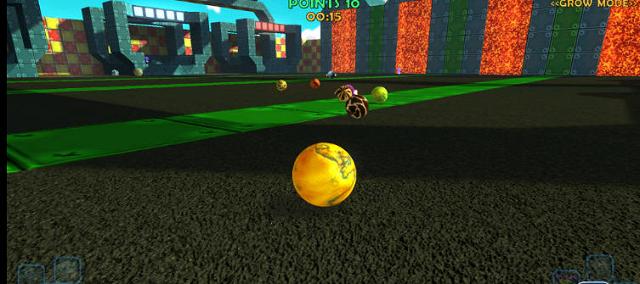


This was not clear, however, and I spent half an hour searching for a clue. I first arrived and found myself stuck, as I didn't yet have the magic needed to progress. This actually happened to me twice at the same collapsed bridge. The problem is some of the more obscure puzzles and regular backtracking can really slow you down and send you running around in circles. Unlocking these powers, and committing them to memory, keeps things fresh - providing you retain momentum. One grants me the ability to deliver a beam of light to damage weaker creatures in the world and charge magical devices, while another lifts collapsed pillars and other impossibly large items that block my path. Each new spell gives me more freedoms in the city. Magics were quickly doled out as I continued delving my way through the subterranean world. An effective technical solution, but one that works against the immersion of saying spells - officially making this the first time I wanted a motion-tracking camera like Kinect in a game. This works much like aiming down the barrel in a military game, allowing me to target and aim magic before my words shot it into the world. It also asked me to hold down a button before casting. This shows how In Verbis Virtus uses the Maha’ki language to sidestep voice recognition issues, creating distinctive sounds to easily differentiate words. It doesn't take long to get my first taste of magic, a spell that lights up the darkness like a light bulb, “lumeh tial”. As a scholar of the magical Maha’ki race, this was to answer all of his questions, and so I led him down into their beautiful but unsettling civilization. It seemed that this had been the goal of my ward along.

Starting in a parched desert, I escaped into a conveniently placed tomb which held the entrance to an ancient city. Its breadth and variety of level design (with the promise of more to come) makes this game an absolute must play.With movement controlled using the mouse or gamepad, the majority of the action came as second nature as I began guiding the hero. The minor annoyances, such as manually selecting a level to play and the occasionally awkward camera can in no way diminish the gorgeous appeal of the games spectacular graphics. On said levels - some which resemble pool tables or soccer fields - you will gain points by pushing the balls into a select area and continuing that way. Some are passive while others are aggressive and will attempt to push you over the edge or interfere with you in other ways. On certain levels there are other balls with you. Higher sections of the level will then become inaccessible, and as such it’s necessary to complete those portions first. By collecting many stars, you will grow fat and heavy. Frequently, these will be simple walls which can be jumped over. Through out the level you will encounter various obstacles in your path. The idea of the game is that you’re a ball and you need to collect stars. If you’ve frequented this site for a while you could have noticed some ball hero type games ( lolball Ball Racer I’ve Got Some Balls, etc.) but this one lifts the lid on them by including over forty levels and an editor for creation of your own. But this game, Marble Arena, is very, very interesting. Why the hero is a ball… it doesn’t matter. Sometimes, and we’ve seen it before, the hero will be a ball. Sometimes the hero of a game won’t be a plumber or secret agent or space man.


 0 kommentar(er)
0 kommentar(er)
